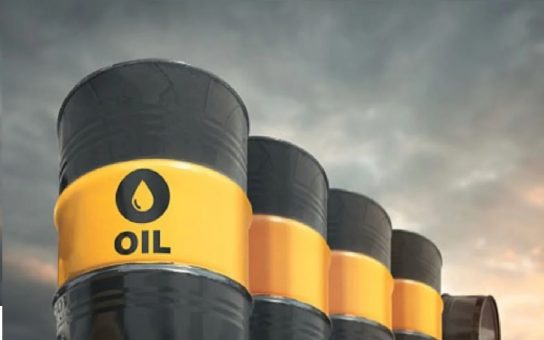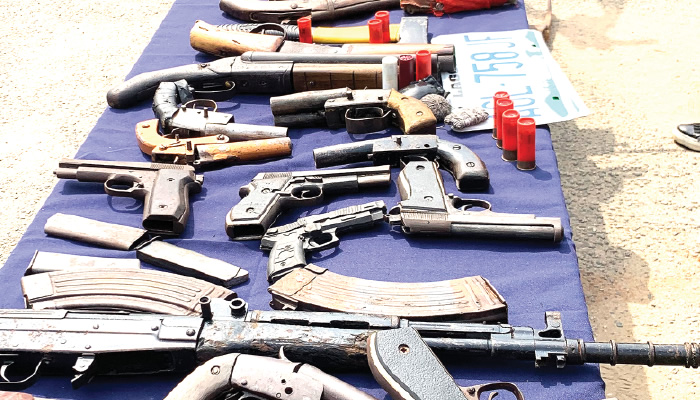As Nigeria grapples with rising fuel prices and supply challenges in the downstream oil sector, the International Monetary Fund (IMF) has called on the Federal Government to focus on building and accelerating social safety nets to protect vulnerable citizens. In an interview with Arise TV, the IMF's Resident Representative in Nigeria, Dr. Christian Ebeke, hinted that petrol prices are still below market value, suggesting a possible further increase.
Ebeke expressed concern over the severe hardship Nigerians are facing due to high inflation, floods, and the government's recent economic policies. He emphasized the need for immediate support for the most vulnerable, urging the acceleration of the Federal Government's programme that aims to reach 15 million households with direct payments and other relief measures, such as the introduction of CNG buses.
He also echoed the Nigerian National Petroleum Company Limited's (NNPCL) position that current fuel prices are not market-reflective, noting that the scarcity of petrol has compounded the economic strain on the country. Ebeke stressed that the government must ensure a stable fuel supply and promote competition in the sector to benefit consumers.
READ ALSO
IMF Urges Nigeria to Prioritize Social Safety Nets Amid Downstream Oil Crisis
While the IMF supports the government's economic reforms, it stressed the importance of balancing these adjustments with robust social protection mechanisms. Ebeke reiterated that reforms should be seen as part of a broader package, combining price adjustments with targeted support for those most affected by the economic shocks.
Public analysts, such as Clifford Egbomeade and investment banker Tajudeen Olayinka, supported the IMF’s advice but highlighted concerns about policy coordination and the need for effective implementation of social safety programmes to mitigate the impact of further price hikes on vulnerable Nigerians.




